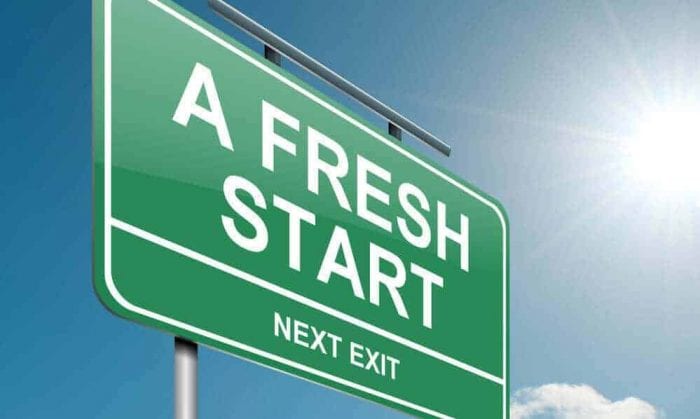By Lisa Scott
Every person has dignity and potential. But one in three American adults has a criminal record, which limits their access to education, jobs, housing, and other things they need to reach that potential. Observed in the United States during April since 2017, Second Chance Month is a nationwide effort to raise awareness of the collateral consequences of a criminal conviction and unlock second-chance opportunities for people who have completed their sentences to become contributing citizens.
NYU’s Brennan Center for Justice reports that the number of people incarcerated in America today is more than four times larger than it was in 1980, when wages began to stagnate and the social safety net began to be rolled back. We’ve long known that people involved in the criminal justice system — a group that’s disproportionately poor and Black — face economic barriers in the form of hiring discrimination and lost job opportunities, among other factors. People who were imprisoned early in their lives earn about half as much annually as socioeconomically similar people untouched by the criminal justice system.
The staggering racial disparities in our criminal justice system flow directly into economic inequality. These consequences are magnified and reinforced throughout a lifetime of discrimination in employment and access to economic opportunity. They are felt by individuals, of course, but also by families and communities. And they are felt in such large numbers, and in such a systemic way, that they constitute a major structural factor in economic inequality.
Suffolk County has the highest parole population in the State, so New York State legislative criminal justice and reentry reform proposals (and action) in 2021 can have a powerful impact for our community members. Here are a few examples :
Relocation So Parents Can Be Closer To Their Children While Incarcerated was passed as Correction Law 72-C
HALT (Humane Alternatives To Long-Term) — Limiting Solitary Confinement was passed and will take effect April 1, 2022.
Fair and Timely Parole Act (NYS Senate and Assembly Bills S497A/A4346) This would shift the standard for discretionary parole release, moving toward a presumption of release under state law. It would remove language that says an inmate should not be given parole if their release will “deprecate the seriousness of his crime” and under the bill, parole could be denied if there’s a “current and unreasonable risk” the person will break the law if released, and that the risk “cannot be mitigated by parole supervision.”
Juvenile Offender Second Chance Act (NYS Senate And Assembly Bills S7539/A6491) This would allow a person previously adjudicated a “juvenile offender,” who did not receive “youthful offender” status (converting the criminal conviction to an adjudication), an opportunity to petition the court and get “youthful offender” status on the previous charge when they are: at least 26 years old and fulfill other requirements.
Clean Slate — Automatic Expungement (NYS Senate and Assembly Bills S1553A/A6399) Of particular interest (although less likely to become law this year) is the Clean Slate law that will automatically clear a New Yorker’s criminal record once they become eligible. With more than 400,000 New Yorkers arrested on criminal charges each year, the exclusion of people with criminal records from employment opportunities via background checks and other barriers hurts productivity and deprives the workforce of crucial talent. The ACLU estimates that, nationally, excluding individuals with conviction histories from the workforce costs the economy between $78 billion and $87 billion in lost domestic product.
Expansion Of Sealing Convictions 160.59 would be a small, positive step but currently is only under discussion in the NYS Senate.
Voting-Restoration For People On Parole (NYS Senate and Assembly Bills S1931/A4987) Last year, the Governor issued an executive order granting 35,000 voting pardons to people on parole, but that’s just a stopgap measure. This law would make voting rights for people on parole permanent, so that a future Governor could not overturn the executive order. Additionally, it would automate and simplify the process, removing confusion from eligible voters and officials that currently keeps people on parole de facto disenfranchised.
Other sites that offer information on prison reform and reentry justice are the Prison Fellowship, the Center for Economic and Policy Research, The Vera Institute, The Collateral Consequence Resource Center, Prison Policy Initiative, and The Sentencing Project.
Lisa Scott is president of the League of Women Voters of Suffolk County, a nonprofit, nonpartisan organization that encourages the informed and active participation of citizens in government and influences public policy through education and advocacy. For more information, visit www.lwv-suffolkcounty.org or call 631-862-6860.





